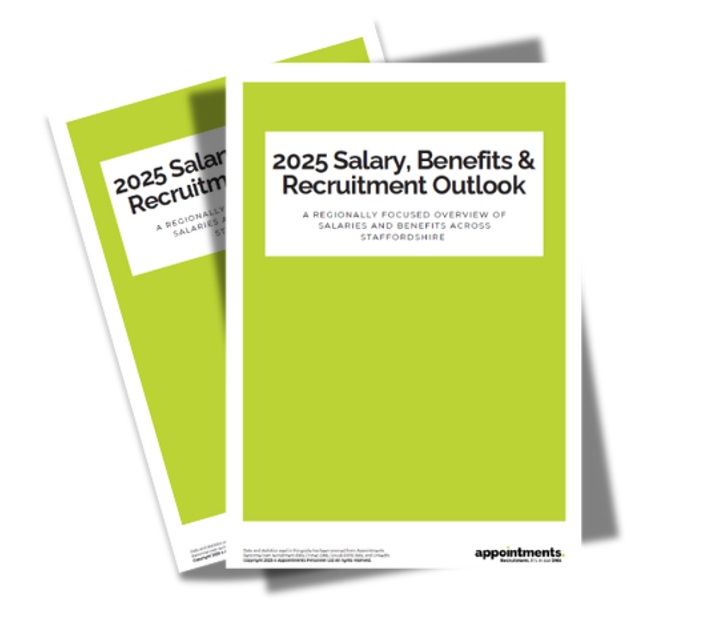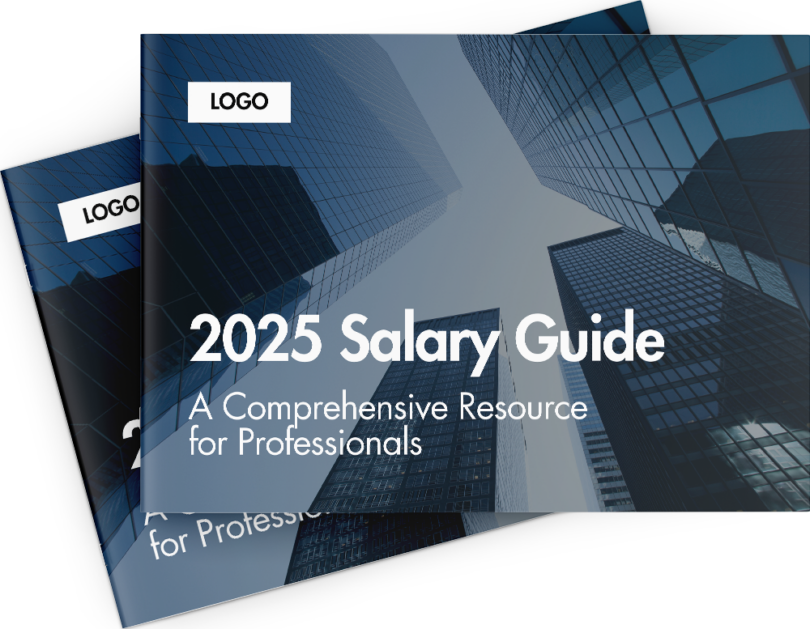
Share Article
It’s time to do your recruitment planning
Businesses need to plan their recruitment strategy for 2023 now to make sure they are ready to employ the talent they need to survive.
As we look to 2023, we look at how our clients can prepare for the changes in the job market. The start of the year is always a busy time for recruitment. Are you ready to snap up those looking for a new job in the new year? By doing your workforce planning now and evolving your recruitment strategies, you’ll be ready to attract and retain the best talent. Employees who feel overworked and undervalued, and see no room for growth, will be ready for a fresh start to the New Year so you need to be prepared to scoop up talent if they have positions available.
The latest labour market analysis shows unemployment remains low with employment in the UK above 75% and inactivity (ie those who’ve withdrawn from the labour market) increasing. This continues to mean greater competition for businesses looking to attract new talent.
Changing market conditions and the downturn in the economy are expected to contribute to the shortages of people looking for work and willing to move jobs. If you don’t have a recruitment plan, then you don’t have a proactive strategy for hiring new employees.
All companies planning to recruit in the coming months, need to have job descriptions mapped out and a clear roadmap of how your plan will help you ride out the downturn in the economy. Of course, your recruitment plan has to align with your company plans.
Creating a Resource Pool
There are core benefits of having an up-to-date recruitment plan moving into 2023. With a recruitment plan, you have a process to work with your talent pipeline. You can see where talent may be light and plan out employee development and role launches well in advance. It can also help to create a pool of potential candidates for later-in-the-year hires. A strong network of candidates is necessary for any future-thinking recruitment team!
Planning helps to Determine the Right Candidates
With a clear idea for which roles you’ll be hiring, you can begin determining the requirements for each job opening. What are the characteristics and skills that you want job candidates to have? What will their daily responsibilities be? And their goals? You’re giving yourself the time to compare characteristics of your better performers, and prepare a benchmark to strengthen, not dilute your workforce capability.
Building a Budget – don’t miss unexpected or hidden costs!
It’s easy to miss out the true cost of recruitment, career development expenditure for example may increase to help with movement across roles internally. With many companies across different sectors embracing the influx of latest technological advancements, connectivity to new technology will feature more in recruitment. Factor in recruiting technology costs, such as an applicant tracking system and social media tools should have a clear budget.
Generation Z, with a social conscious, will also look at branding, so you need to factor in employer branding costs. Also, what time do you need to craft the right profiles to reach the right people? According to the REC, companies that create a strong employer brand attract up to 50% more qualified candidates; strong employer branding can also reduce cost-per-hire by 50%.
In-house salaries and the benefits of the recruitment team should feature within the overall recruitment plan costs as well as agency fees, and any tools you use in the process. The right recruitment plan will have considered any hidden, unconsidered costs.
Flexibility Changes
With the government plans to modernise the way employees work, the consultation process is exploring a range of flexible working methods such as job-sharing, flexitime and compressed, annualised, and staggered hours. This is designed to allow employees to balance work and life. It also ensures that people who are under-represented in Britain’s workforce, such as new parents or disabled people, have access to more opportunities. A forward-thinking recruitment plan needs to be able to allow for the flexibility for workers and link into departmental plans for coverage during times when workers take time off or change working patterns. The impact of not considering this could mean lack of workers to cover roles, or extra burden being placed upon those providing cover. It’s an area you cannot afford to disregard.
Reviewing your recruitment processes
When was the last time you reviewed your recruitment process. If your recruitment efforts during 2022 haven’t been as successful as you’d hoped, now if a good time to review what’s been working and what hasn’t to highlight areas for improvement. A recruitment Audit is essential to make sure your recruitment practices will meet the needs of your business, but also the people you are attracting. Poor practices will disengage potential candidates or good lead to very costly recruitment errors. Alot of businesses don’t have the resources to carry out their own audits but there are businesses who can provide audits for you.
If you need support to plan ahead or need a Recruitment Audit, we can help. Book your recruitment audit with Appointments now. Get in touch by calling 01782 338787 or check out our employer resource pages.
Return to Recruitment Bulletin Winter 22










